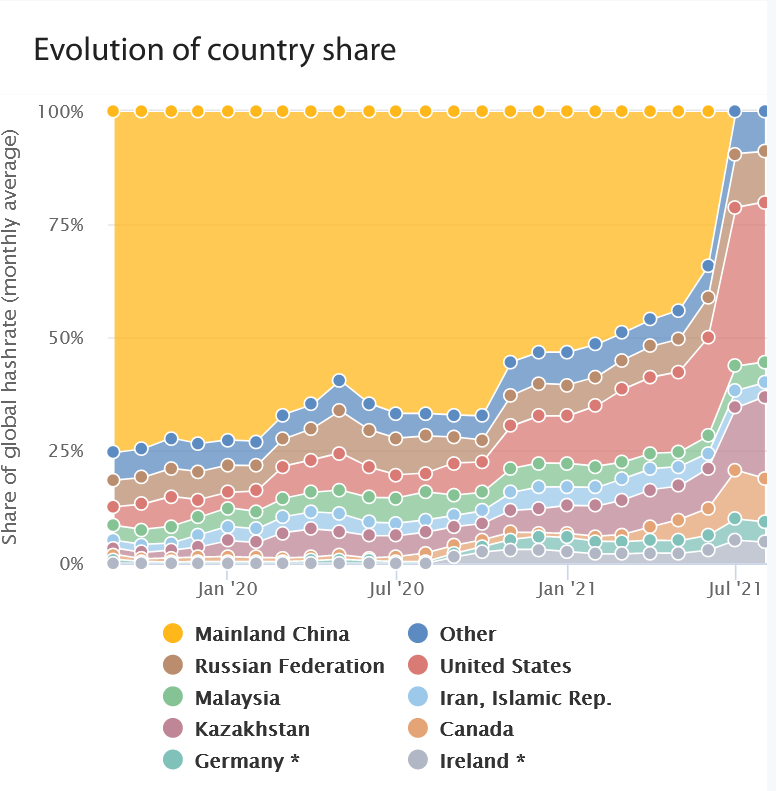Winter’s Here for Bitcoin Miners in Kazakhstan and Iran as Cold Weather Brings Slowdowns

Cold weather in some of Bitcoin (BTC) and crypto mining’s hotspots is bringing bad tidings for the industry – with power interruptions experienced in Kazakhstan and the government intervening in Iran.
Per Interfax’s Kazakhstan service, the National Association of Blockchain and Data Centers Industry in Kazakhstan (NABDC) has announced that “several dozen” of its industrial members are “experiencing interruptions” in electricity supplies – rendering a number of data centers “idle for more than a month.”
The NABDC claimed that legal miners in the nation have lost about 300m kWh of electricity since the temperatures began to drop, causing a total “direct loss” of more than USD 9.7m worth of revenue for Kazakhstan’s energy industry.
The body’s President Alan Dordzhiev was quoted as stating that despite a recent government ruling to “urgently” push ahead with the legislative regulation of mining, miners who had complied were still being hit with power outages.
In October, the Minister of Energy and the nation’s President claimed that “above-board” miners would be allowed to “continue their activities without additional restrictions.”
Meanwhile, in Iran, the government has stepped in as temperatures in areas such as Bostan Abad drop down to as low as -10 degrees Celsius, driving energy consumption up – and leading energy providers to order registered crypto mining to stop operating on a temporary basis.
According to the IRIB News Agency, Mostafa Rajabi Mashhadi, the Deputy Managing Director of the Iran Grid Management Company told a radio station that Iran had moved to shut down crypto mining operators to slash fuel consumption at power stations amid decreasing temperatures – and had begun imposing restrictions on the sector beginning last month. He was quoted as stating that the relevant ministry had been disconnecting “licensed” crypto mining centers’ power supplies, as well as switching off street lights in certain parts of the nation as the grid began to show signs of strain.
Rajabi Mashhadi added that forecasts of colder weather in store over the next week meant that citizens needed to use power prudently in the coming months.
Share of global Bitcoin hashrate (monthly average)

____
Learn more:
– Russian Provinces Free to Make Crypto Miners Pay Higher Electricity Rates, Says Gov’t
– 20% of Bitcoin Hashrate Is ‘Still in Mainland China,’ Report Claims
– Bitcoin Mining Hash Rate to Double in 2022, Compute North CEO Predicts
– Paraguay: Bitcoin & Crypto Mining Bill Passes Senate, Heading to Lower House
– Dominated by Institutions, Bitcoin Mining is also Possible from Home
– How Bitcoin Mining Might Help Nations With Domestic Energy Production




